The Centre for Social Impact at Swinburne University has been studying Green Connect over the last 12 months to investigate how social enterprises like ours improve health equity for young people. They have released a full case study detailing our work, available below.
The Executive Summary reads as follows (bold added by Green Connect):
This case study report examines the role of social enterprise, Green Connect, in producing health equity and wellbeing outcomes for young people and their communities. Forming part of a wider comparative case study project, the research focuses particularly on the organisational context and features of Green Connect that produce these outcomes, with a particular emphasis on whether and how Green Connect fosters the social conditions – referred to as the social determinants of health – through which health equities are realised. The case study involved interviews with key informants, participant observation at Green Connect, and secondary analysis of organisational and media materials.
The research finds that Green Connect supports the social determinants of health equity by: engaging and empowering young people, with a focus on helping them build their confidence, self-efficacy and relationships, as well as their financial independence; improving employability of young people by providing personalised support, personal development and training opportunities in diverse work settings, and supported transitions into other work and educational opportunities. In meeting the needs of its participants, Green Connect also attends to the context-specific social determinants of health equity – for example, transport access – that are particularly problematic in their region. The findings further suggest that Green Connect influences the conditions for community-level economic and social wellbeing through its business activities – which stimulate local spending and provide locally needed services – and its contributions to developing the region’s workforce.
Contextually, Green Connect’s origins in employment-focused development, its recent merger with a larger community development organisation, and its purposeful focus on the needs and opportunities arising from its location in the Illawarra region of NSW inform how it produces health equity outcomes among young people and their communities. Structurally, Green Connect’s purposeful design of wrap-around support, inter-related commercial streams, network building, and flexibility and tailoring inform how the organisation both produces outcomes and creates or responds to opportunities to deepen its impacts. Culturally, the features of Green Connect that enable its approach to supporting the improvement of health equities can be characterised as: a strengths-based approach to people and place; no cookie-cutter responses; a focus on supportive transitions both within and beyond the boundaries of Green Connect; and genuine engagement with participants, partners and communities. The study also identifies specific challenges for Green Connect arising from its organisational context, structure and culture.



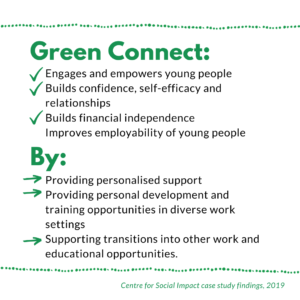
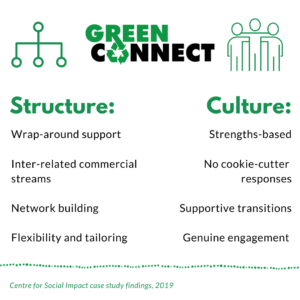


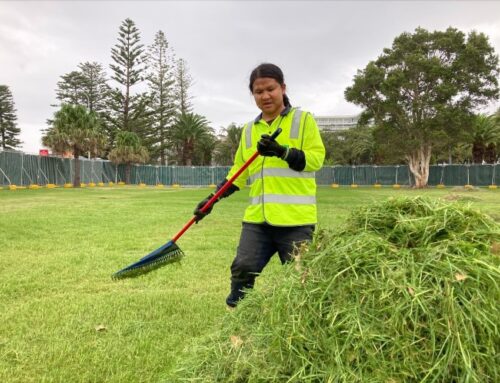
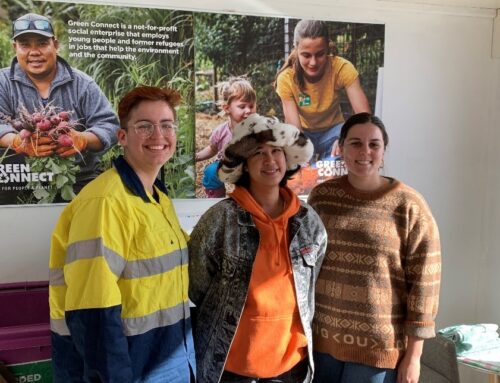
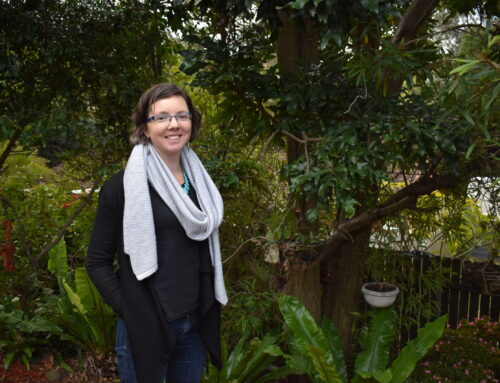
Leave A Comment
You must be logged in to post a comment.